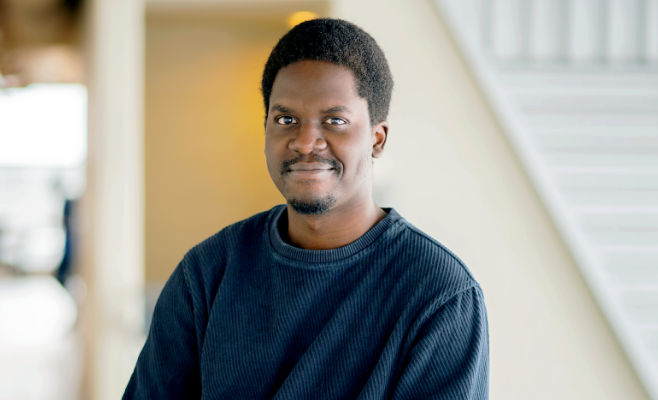Study Politics, History & Economics at King's
Do you have a passion for the big issues facing our world today? Want to work with others to find changes and make things better? The Politics, History & Economics (PHE) program at King's is a unique interdisciplinary degree that prepares students for life and careers in law, policy, and the public sphere.
Inside this program
Wrestle With Hot Topics
It's important to engage in good conversations about war, peace, human rights, and individual freedoms. As a PHE student, you will learn roles that different actors— government, non-profits, business, media, schools, and the church—each can play in human flourishing.
Focus On Applying Learning And Theory To Real Life Situations
Dig deeper into concerns and challenges facing our local, national, and global communities. Explore how we arrived at where we are today and possible actions and changes that could bring healing and justice to more people.
Study Three Disciplines In One Degree
Why? Each discipline provides expertise relevant to participation in the public sphere and society at large. Together, a study of politics, history, and economics equips students to apply a broad range of thinking and tools to complex and ever-changing situations.
Off-Campus Opportunities
Internships
PHE students are encouraged and assisted to participate in internships during their studies where possible. Internships count toward the number of courses needed to graduate and offer valuable work experience and networking opportunities.
Laurentian Leadership Centre
King's students are offered special placement into the Laurentian Leadership Centre (LLC) in Ottawa, Ontario through Trinity Western University. The program combines a half-time internship with courses in leadership, public policy, and more. Previous students of LLC have interned with the Prime Minister’s Office, members of parliament, senators, minister offices, and NGOs. Students may take the program as a student, or as a graduate, of The King’s University.
Micah Centre for Justice and Development
The Micah Centre is an initiative of The King's University that fosters understanding and action among students, faculty, and the community at large around issues of global poverty, peacemaking, and social justice.
Explore opportunities to engage in international learning and development through the Micah Centre, or add a Micah Certificate in Justice and Development to your degree program.

"Trying out new ideas and finding different ways forward. That's what I appreciate the most about the culture at King's."